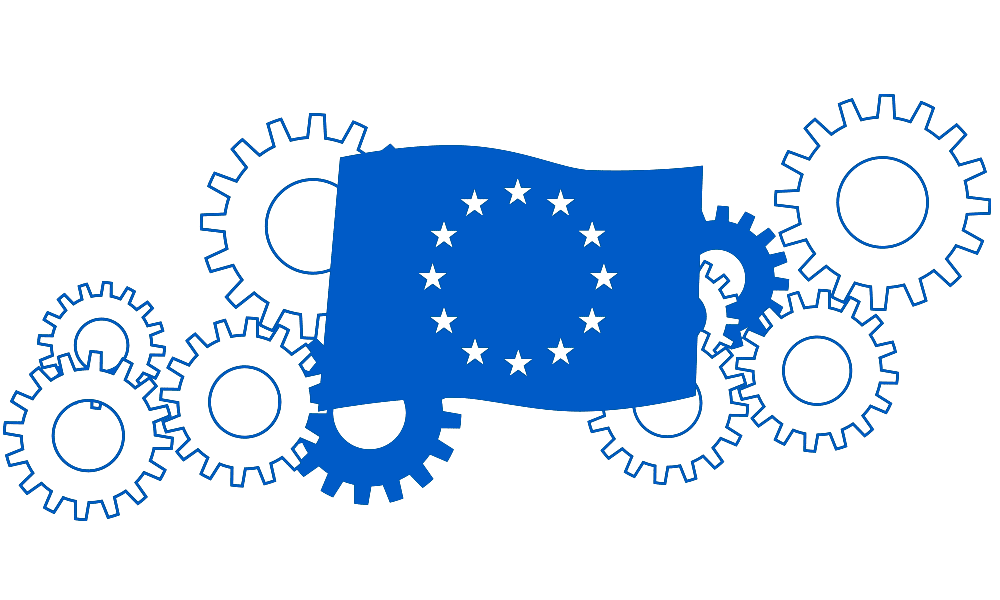Eye on Europe
Views and insights from around the “old continent” and the European Union’s engine room in Brussels

Views and insights from around the “old continent” and the European Union’s engine room in Brussels

Despite a shambolic handling of the coronavirus crisis, British Prime Minister Boris Johnson has largely maintained his popularity.
Young people in Belarus want more than the stability Aleksander Lukashenka has offered for almost three decades. They may well get it.
The violent aftermath of the Belarusian election has exposed the erosion of trust among young people in the regime.
The key to energy transition is energy replacement—quitting coal.
The French are self-involved, or so the cliché goes. But they are no chauvinists—just ask the French president.
The two candidates in the run-off vote for the Polish presidency offer very different visions of the role the country can play in the EU.
Populists are having a bad COVID-19 crisis. The key challenge for centrist politics, however, is to combine competence with risk-taking radicalism.
The absence of a viable post-war policy for Afghanistan and Syria under the Trump administration opens the window for the EU.
By launching Gaia-X, Germany and France are pushing for a “European cloud.”
The history of hydropower shows that renewables have always had flaws.
France wants insurance against Chinese hegemony.
The call for greater “European sovereignty” has become very popular of late, but it is far from clear what the term means.
Lower carbon emissions is a rare silver lining of the coronavirus pandemic. Just don’t confuse it for actual good news for the climate.
The EU is still finding it hard to come up with a coordinated coronavirus response.
Viktor Orbán’s power grab in Budapest has overshadowed a parallel political drama in Warsaw regarding the presidential elections on May 10.
Should the EU economy run on uranium? Its two biggest countries disagree.

